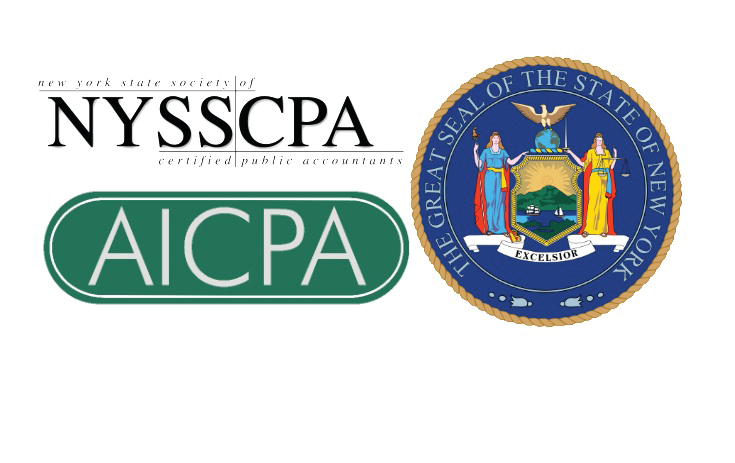Accounting
CPAs Weigh in on the Future of Peer Review
The Institute wants to build a system that would be programmed to provide a continuous analytical evaluation of a firm’s engagement performance that would require human review when the system identified concerns. It would review all firms that perform ...
Jul. 07, 2015

The AICPA’s ambitious plan to revolutionize the 35-year-old peer review process with a near-real time engagement monitoring tool is being positioned to improve practice monitoring overall, but the New York State Society of Certified Public Accountants (NYSSCPA) has identified some aspects of that plan that need attention.
“While we share the AICPA’s commitment to improve the effectiveness of the peer review program, our organization has concerns about some of the changes being proposed,” NYSSCPA Executive Director, Joanne S. Barry said.
The Institute wants to build a system that would be programmed to provide a continuous analytical evaluation of a firm’s engagement performance that would require human review when the system identified concerns. It would review all firms that perform accounting, auditing and attestation engagements as well as monitor all engagements subject to review.
In a June 12 letter to the Institute, the NYSSCPA expressed several concerns with the concept; namely the cost of the tool, which the Society said may be prohibitive for smaller firms; confidentiality – that the tool may go beyond understanding solely the quality aspects of how a firm performs engagements; and a concern that a metric-based peer review process — which relies on a CPA’s professional judgment — would lead to a “check the box” mentality, leading audit quality to suffer.
“We are concerned that the development of standardized performance metrics will not adequately incorporate the differences in the way various types of engagements are performed and result in a “check the box” mentality to the detriment of audit quality,” the NYSSCPA wrote.
The NYSSCPA also urged the Institute to make improvements on a firm’s peer reviewer selection and reviewer training requirements.
“We can see the merit in having a peer reviewer selected and assigned or recommended by the system based on objective and measurable criteria,” the drafters wrote. “The selection and assignment of a reviewer by the system would, in some measure, enhance the objectivity of a peer reviewer and the integrity of the peer review system.
“We need to enhance the competencies of peer reviewers,” said Mary Kimball, one of the principal drafters of the Society’s letter to the AICPA. “More stringent requirements that include more testing and on the job training for those new to these engagements.”
“Clearly there is no one-size-fits all approach for all firms,” said Barry, “but the CPA profession needs to begin harnessing the power that big data offers and that goes beyond peer review. This is a step in the right direction.”
Read the NYSSCPA’s comments in their entirety, here: http://www.nysscpa.org/docs/default-source/commentletter/aicpa_june15.pdf?sfvrsn=2
